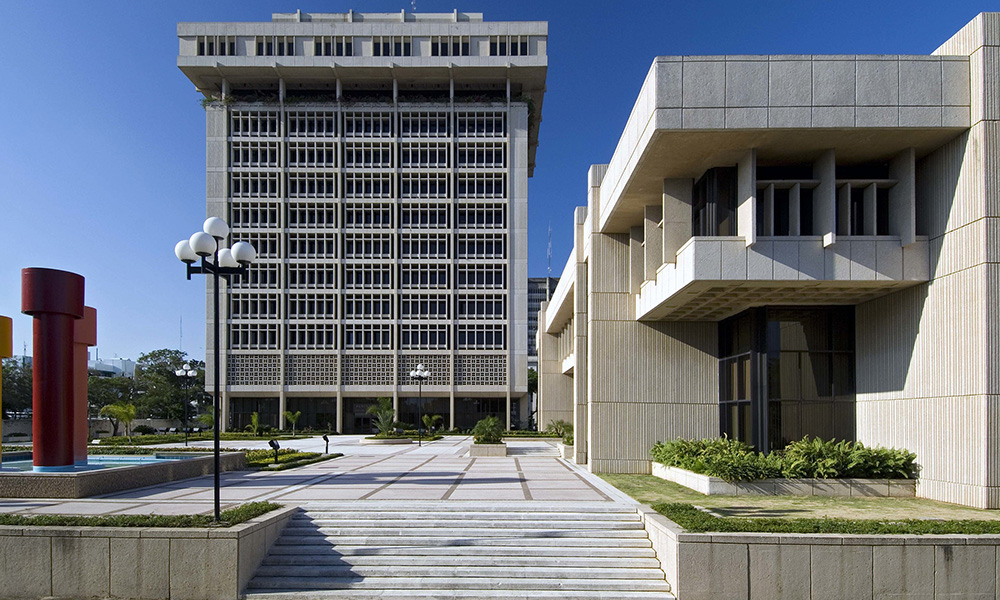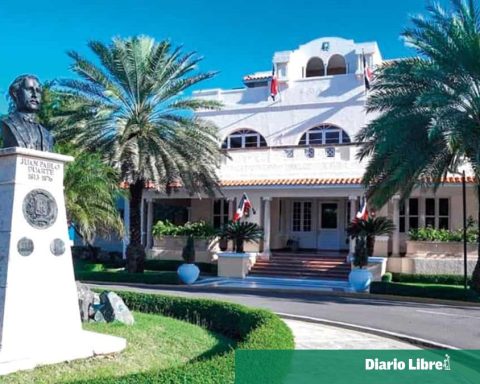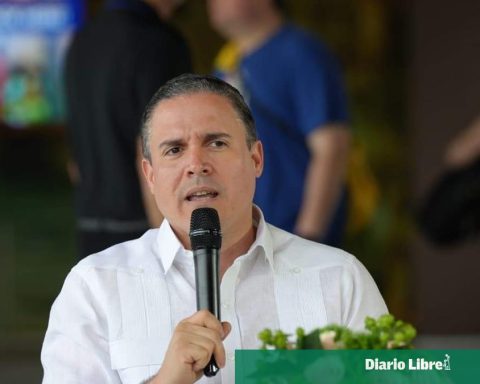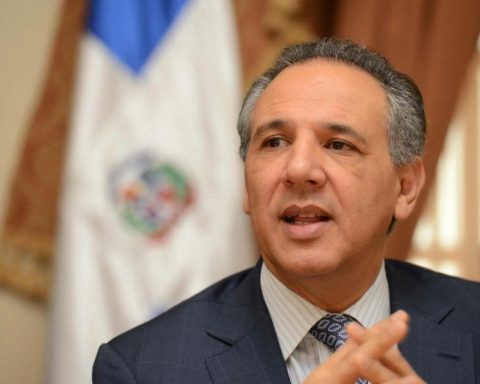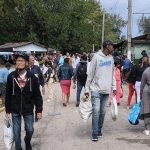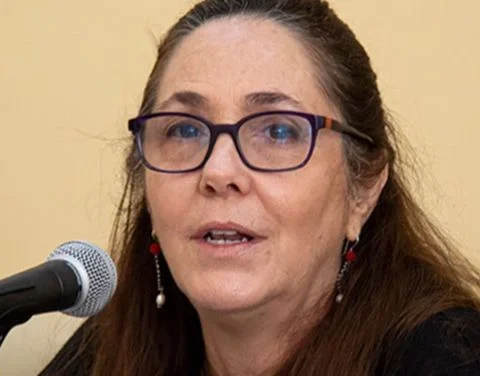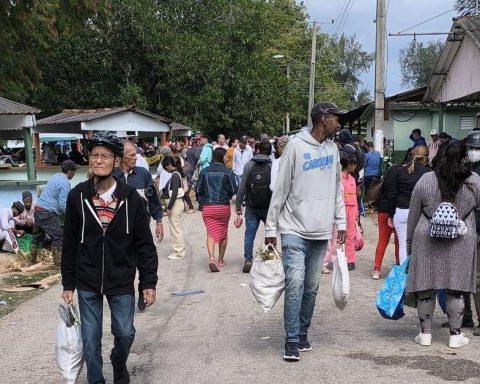One party says that the chosen path is the right one, but another warns about the risk of aggressive rate hikes
The Dominican Republic is acting correctly, insofar as it follows the line of the United States, with respect to the provisions on interest rates, via the Central Bank, according to local economists. Others advise looking at the subject carefully.
And some even suggest that “although it is not known whether urgently”, the Government should convene the Economic Cabinet, taking into account that in the face of a situation of uncertainty such as the one the world and the country are experiencing, and especially due to the increase in oil prices, it is fair that it be convened, to see how to deal with this economic situation. “The effect that this has on Dominican public finances must be seen and analyzed,” they indicate.
The approaches of those who understand economics arise from the fact that institutions such as the World Bank have warned about the risk that the economy of several countries enters a period of stagflation, that is, of low or null growth, linked to high inflation ( something like bad on the one hand and worse on the other), due to the Russian invasion of Ukraine and the persistence of the effects of the pandemic. Carlos Despradel, Miguel Collado Di Franco, Andy Dauhajre and Rafael Espinal give their opinion on the subject. They have done it from different spaces.
In its updated report “Global Economic Perspectives”, published last Tuesday, the World Bank lowered the world growth forecast to 2.9%, which is 1.2 points less than what it had projected in January, when it placed it at 4.1%.
Miguel Collado, Executive Vice President Regional Center for Sustainable Economic Strategies (CREES), states that it is normal when central banks take measures such as those that practically all central banks in the world adopted, as a result of the emergence of the covid-19 pandemic , and government policies, to limit mobility.
“Consequently, the policy they adopted was one of monetary expansion and then a period of contraction. That is what is seen throughout the world, especially in the United States, whose central bank, which is the Federal Reserve, is the one that most affects monetary policy, and announcements from the European Central Bank have been seen, ”he explained. .
And he added: “It is something that was expected, after the monetary expansion, to correct the distortions generated by the same original monetary expansion.”
From his point of view, the picture is really complicated, in terms of changes in monetary policy.
“Even if this happens, inflation, war, etc. continue. One would expect this to begin to normalize after 2023. You have to have a non-short-term horizon, because inflation has shown that it is a phenomenon that has not yet reached its peak and will continue to have an impact and will reverse as soon as they begin to have an effect. really the monetary measures. But there are other factors that are also affecting prices at the international level. It is not a short-term issue. This is going to take time. About 18 months maybe,” he indicated.
myths of economists
The economist Rafael Espinal was asked in Despierta con CDN, about the possibility that there is stagflation in the Dominican Republic. His response was: “Look, economists, economic thinkers, create myths and many times we do not agree, but in reality there is a certain risk of stagflation in the future, not immediately.”
“A stagflation is nothing more than a decrease in the world’s gross domestic product and an increase in prices. What is certain -and there is no way to fix this- is the increase in world prices for corn, soybeans, wheat, oil, minerals… There is obviously a break in distribution channels on a world level and that It will not be fixed in the short term,” he warned.
He indicated that stagflation is still a possibility in the future, but there are solid economies, such as China and India, which are engines of the world economy. “And I don’t think that in the current situation that stagflation occurs worldwide. It may be that in developed economies, such as Europe and the United States. But there are always some emerging economies that follow, because they have a lot of room to grow”, he maintained.
He said that the Government and the Central Bank have acted since the beginning of the current health crisis with great capacity to manage the situation.
Espinal recalled that the current inflation in the United States is one that has not been seen since 1981.
“That indicates that for the Dominican Republic there is a transfer of the crisis from the United States. Positively, despite this North American inflation, the tourist flow has been maintained towards the country, exports from free zones have grown and the sending of remittances, although it does not have the projections it had in 2021, is expected to reach about 9,500 or less than 10,000 million dollars”, he pointed out.
According to Espinal, this indicates that even in the midst of the crisis, the Dominican economy is very resilient, strong and diversified. “We have a wonderful economy, perhaps very poorly managed,” said the economics professional.
From his point of view, this makes the country less vulnerable to the world situation, except for the price of oil.
He indicated that the Government is acting through the Central Bank, increasing interest rates.
“The same thing they are doing in the United States. We follow the policy of the United States, because we have capital that comes to the country looking for high rates. If rates rise in the United States, that capital goes to the United States, which obviously has greater security and less risk.
So we have to go hand in hand. If the FED (Federal Reserve) or the Central Bank of the United States raises rates, the Central Bank of the Republic has to raise interest rates,” he explained.
The economist Carlos Despradel, former governor of the Central Bank, in an article published in Listín Diario on Saturday, indicated that “events occurred last week that allow us to understand the serious situation in which the international economy finds itself.”
He cited that “one of them was the statement by Jamie Dimon, CEO of JP Morgan Chase, who said that an international economic storm is approaching and although he cannot predict its magnitude, he indicated that it will surely come.”
“Since he is the president of the largest bank in the United States, hence the importance of his warning,” Despradel explained.
He warned that “at the moment we not only have an excess of monetary issue in the entire world, but also an increase in production costs, as a result of the war in Ukraine, which has caused not only a spectacular increase in the price of oil, which has reached 120 dollars a barrel, but also an increase in many basic foods such as wheat, edible oils and others, since both Russia and Ukraine are major exporters in the world”.
He recalled that the last time there was a similar international economic situation was at the beginning of the 1980s, when the inflation rate in the United States exceeded 12.0% due to a huge increase in the price of oil.
To curb inflation, US bank interest rates rose to 16.5%, causing unemployment to nearly 10%. He explained that all this dragged down the world economy that entered a generalized crisis.
What Andrés Dauhajre suggests the country avoid
“We must avoid the return of the recession of the world economy to which aggressive increases in interest rates by central banks will lead to contain inflation and a new public debt crisis in emerging economies,” he says, in a article published in elCaribe (Monday, June 13, page 23). And he adds: “After the global depression of 2020, falling back into recession in 2022-2023 can have serious economic and political consequences.” He highlighted that last Friday, analysts expected an accumulated inflation of the last 12 months of 8.3% in the US, and that the forecast fell short; inflation marked 8.6%.
connoisseurs
9.47%
It was the year-on-year inflation of the Dominican Republic, measured from May 2021 to May 2022, according to the Central Bank.
